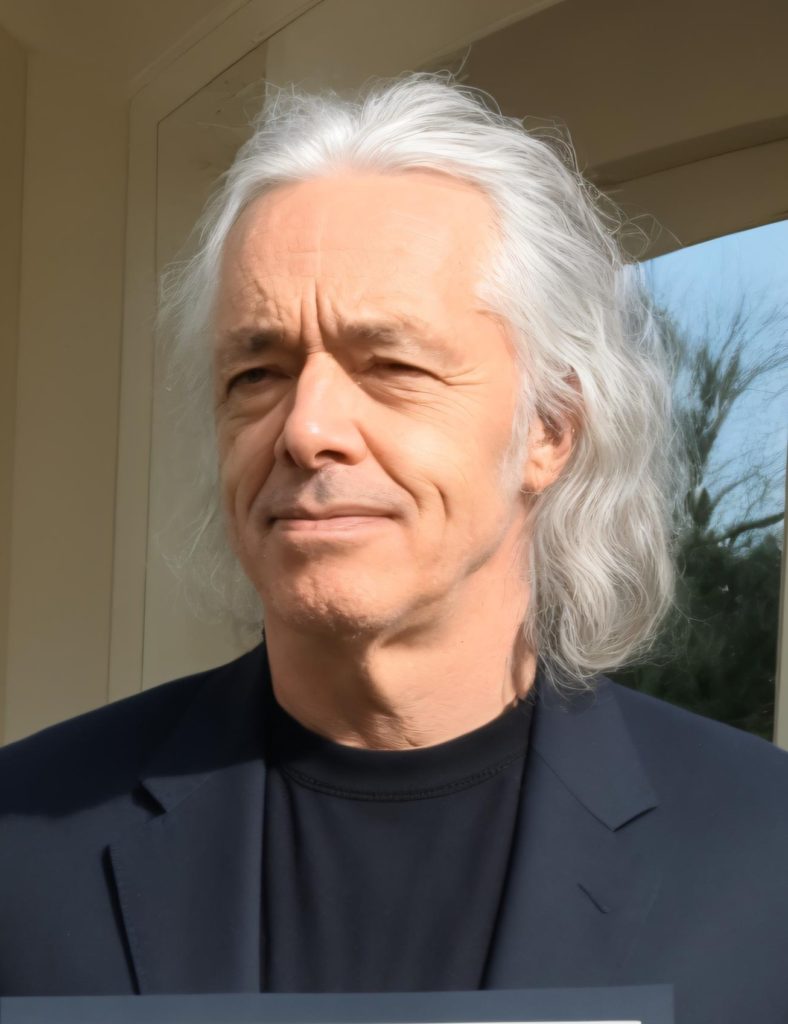
Hugh McManners is an author, musician and campaigner, living and working in Leicester.
He has written over fifteen books, and numerous press articles which focus mainly on military related subjects and outdoor activities. He was The Sunday Time’s Defence Correspondent, and also has extensive broadcast experience as a presenter, co-producer and expert “pundit”. He’s a singer-songwriter and guitarist, playing solo-acoustic and electric gigs.
Hugh was born into an academic family in Oxford, the son of historian Rev Prof John McManners FBA, and was brought up in Australia. He was educated at Sydney Church of England Grammar School – Shore – Magdalen College School Oxford, Oadby Beauchamp Upper School in Leicester and the Royal Military Academy Sandhurst. He read Geography at St Edmund Hall Oxford.
Hugh spent 18 years in the British Army, the majority of his time serving with 3 Commando Brigade, spending five years with 148 (Meiktila) Commando Forward Observation Battery. He qualified as a commando, paratrooper, and an army diving supervisor. During the Falklands War, he fought with the Special Boat Service and worked with the SAS, and was awarded a “Mention in Despatches”. He also ran the British Army’s jungle warfare training school in Belize.
Hugh passed the year-long Army Staff College course at Camberley, and survived two tours of duty behind a desk inside the MoD in London. He has served at Fort Ord California with the US Army’s 2nd Infantry Division (Light), on counter terrorist duties in Armagh, Northern Ireland, and with the United Nations in Cyprus during the Turkish invasion of 1974.
Hugh was the Defence Correspondent of London’s Sunday Times newspaper from 1995 to 2000, and has co-produced a list of television documentaries and series on military subjects. He co-presented the BBC2 Bare Necessities survival series. He is the author of many military books, and several very successful Dorling Kindersley titles, including the Outdoor Training Manual and the Commando Survival Guide.
One year after Hugh left the Army (in 1989), he was diagnosed as having PTSD, and so began a media career campaigning for greater awareness of the psychological effects of combat on military people. His book “The Scars of War” about the psychology of modern professional soldiers, became the basis of the six-month PTSD test case in the High Court of veterans against the MoD. He also co-produced several television series, including a UK Channel Four Despatches in 1991, about the psychological effects of combat called “Thinking of the Soldier”.
Until 2020, Hugh was Co-Director with the neuroscientist Prof Morten Kringelbach, of the Scars of War Research Foundation at the University of Oxford, a cutting-edge neuroscience unit dedicated to studying the psychological effects of warfare. Founded in 2007, the “Scars of War” foundation, was admitted to membership of The Queen’s College Oxford in November 2011. This enabled the development of novel methods of brain scanning by Professor Kringelbach, furthering the understanding of PTSD, both as suffered by victims of trauma generally; and then specifically in war veterans of the Israeli Defence Force in collaboration with Prof Yair Bar-Haim at the School of Psychological Sciences and Sagol School of Neuroscience at Tel Aviv University.
Hugh’s current writing is fiction, continuing to explore the more sensitive of the lives and experiences of the people who work so hard behind the scenes to keep us all safe. “The Sunday Service” is just published – the first of a five-book military thriller series moving from Northern Ireland to the Falklands War.
Hugh lives in Leicester with his wife Megan and border collie Zack. When not writing books, Hugh is active in the local music scene as a singer-songwriter, playing gigs and deputising as host of The Sound House’ weekly acoustic night.
Academic papers
Post-traumatic stress influences the brain even in the absence of symptoms: A systematic, quantitative meta-analysis of neuroimaging studies, July 2015 in Neuroscience & Biobehavioral Reviews 56:207-221
Effective psychological therapy for PTSD changes the dynamics of specific large‐scale brain networks